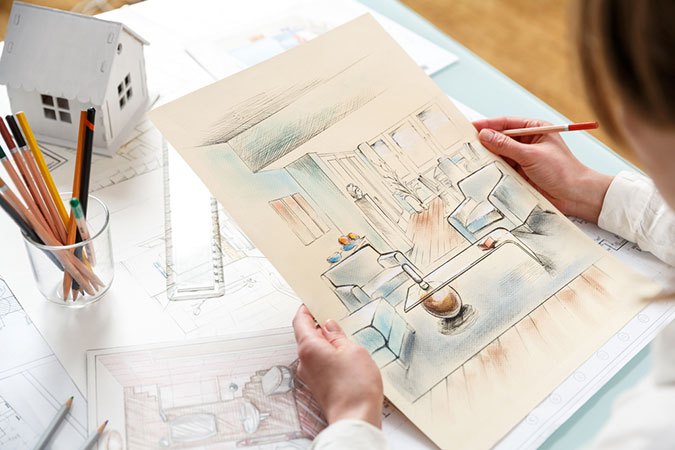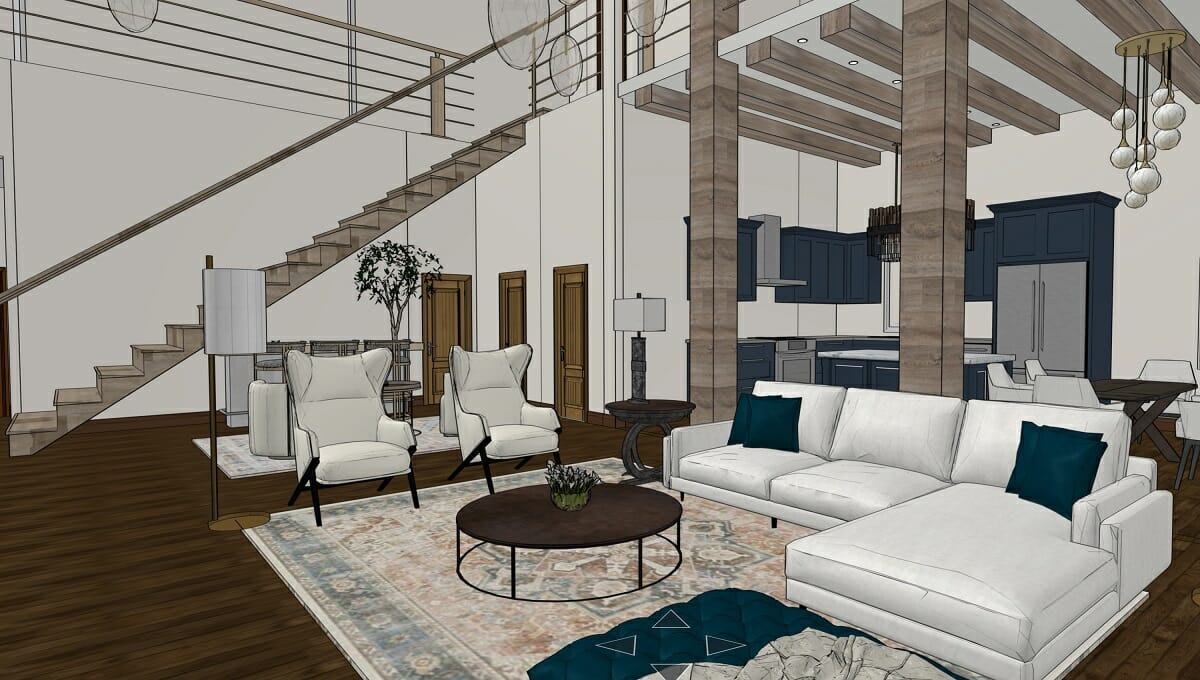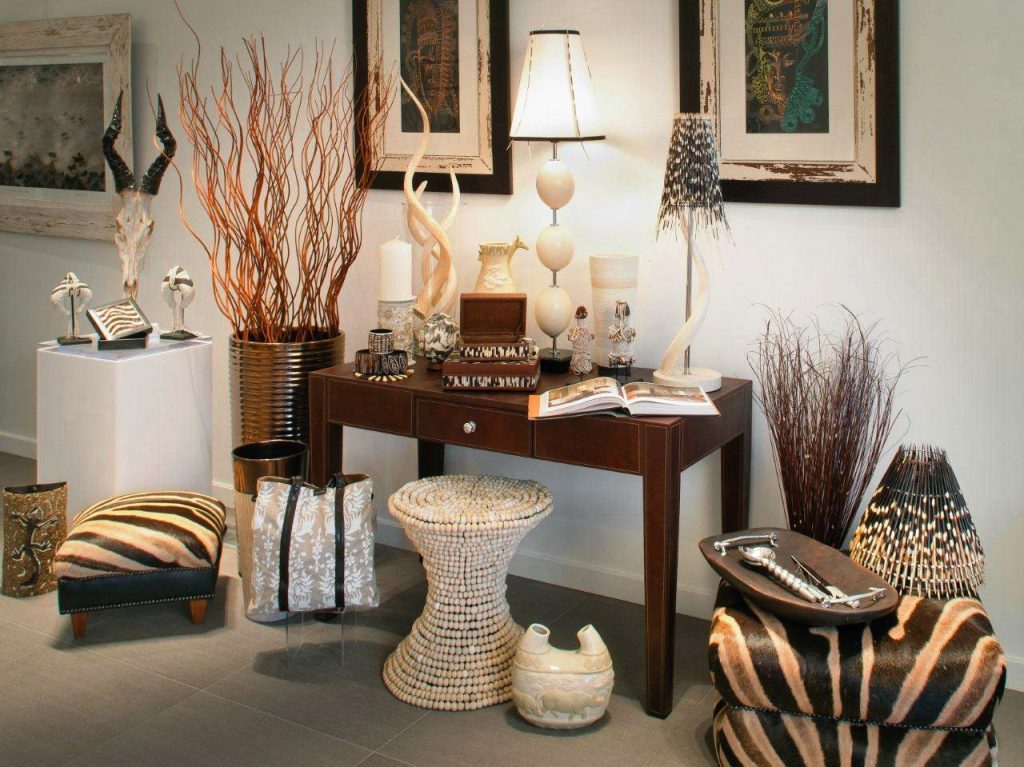As someone who has navigated the vibrant world of home decor, I can tell you that the job opportunities available in this field are both exciting and fulfilling. Whether you are a recent graduate, an experienced designer, or someone looking to pivot careers, the home decor industry offers a wide range of possibilities. In this comprehensive guide, we’ll delve into various aspects of home decor jobs near you, helping you understand what roles are available, how to find them, and what skills you’ll need to succeed.
Understanding Home Decor Jobs
Home decor jobs encompass a variety of roles focused on designing, arranging, and improving the aesthetic appeal of residential spaces. These positions can range from interior designers to home stagers, and each role requires a unique set of skills and creativity.
Types of Home Decor Jobs
- Interior Designer: Works with clients to design functional and visually appealing spaces.
- Home Stager: Prepares homes for sale by enhancing their appeal to prospective buyers.
- Furniture Designer: Creates custom furniture pieces tailored to client specifications.
- Decor Consultant: Offers advice on decor choices, color palettes, and furniture arrangements.
- Visual Merchandiser: Crafts enticing displays in retail settings to highlight decor products.
Finding Home Decor Jobs Near You
Searching for home decor jobs can be a rewarding yet challenging process. Fortunately, there are several avenues you can explore to increase your chances of finding a position that matches your skills and interests.
Online Job Boards
Utilizing online job boards is one of the most effective ways to find home decor jobs. Popular platforms include:
- Indeed
- Glassdoor
- Monster
- SimplyHired
SEO Tips for Job Searches
When searching online, it’s essential to use specific keywords to narrow down your results. Here are some suggestions:
- “Home decor jobs near me”
- “Interior design positions in [Your City]
- “Home staging jobs nearby”

Networking Opportunities
Networking can significantly boost your chances of landing a home decor job. Consider attending local industry events, trade shows, and workshops to meet professionals in the field.
Joining Professional Associations
Organizations such as the American Society of Interior Designers (ASID) or the National Kitchen & Bath Association (NKBA) offer networking opportunities and resources for job seekers.

Local Classifieds and Social Media
Don’t overlook local classifieds and social media platforms. Facebook groups, Craigslist, and local community boards can lead you to hidden gems in your area.
Skills Required for Home Decor Jobs
Success in home decor jobs hinges on a combination of technical and soft skills. Here’s a breakdown of what you may need:

Technical Skills
- Design Software: Proficiency in programs like AutoCAD, SketchUp, and Adobe Creative Suite.
- Color Theory: Understanding color psychology and the ability to create harmonious palettes.
- Space Planning: Knowledge of how to utilize space effectively.
Soft Skills
- Communication: Ability to discuss ideas clearly with clients and team members.
- Creativity: Innovative thinking to develop unique design concepts.
- Problem-Solving: Finding solutions when challenges arise during projects.

Salary Expectations in Home Decor Jobs
Your salary in the home decor industry can vary based on experience, education, and location. Below is a comparison table highlighting average salaries for different roles:
| Job Title | Average Salary (Annual) | Experience Required |
|---|---|---|
| Interior Designer | $55,000 – $80,000 | 2-5 years |
| Home Stager | $40,000 – $70,000 | 1-3 years |
| Furniture Designer | $50,000 – $85,000 | 3-5 years |
| Decor Consultant | $40,000 – $60,000 | 1-3 years |
| Visual Merchandiser | $45,000 – $75,000 | 2-4 years |

Pros and Cons of Home Decor Jobs
Like any profession, a career in home decor comes with its own set of advantages and disadvantages. Here’s a quick overview:
Pros
- Creative Freedom: Opportunities to express creativity through design.
- Variety: Each project presents new challenges and experiences.
- Job Satisfaction: Helping clients create their dream spaces can be incredibly rewarding.

Cons
- Inconsistent Income: Freelance positions may lead to income variability.
- Client Challenges: Handling difficult clients can be stressful.
- Long Hours: Tight deadlines may require extended work hours.
Getting Started in Home Decor
If you are interested in pursuing a career in home decor, here are steps to help you get started:
Education and Training
Consider obtaining a degree in interior design or a related field. Online courses and certifications can also enhance your skills and knowledge.
Building Your Portfolio
An impressive portfolio is crucial. Start by showcasing your personal projects, volunteer work, or internships to build a solid foundation of your design work.
Gaining Experience
Look for internships or entry-level positions to gain hands-on experience. Volunteer for local non-profits or offer your services to friends and family.
FAQs About Home Decor Jobs
What qualifications do I need for entry-level home decor jobs?
While formal education in interior design or related fields is beneficial, many entry-level positions require creativity and a good eye for design. An impressive portfolio can often outweigh formal qualifications.
Are home decor jobs in high demand?
Yes, the demand for home decor jobs has been steadily increasing as more people invest in their living spaces. The rise of social media has also fueled interest in home design.
How can I make my resume stand out for home decor positions?
Highlight relevant skills, experience, and your passion for design. Use keywords from the job description and include a strong portfolio link showcasing your best work.
What are common challenges faced in home decor jobs?
Common challenges can include balancing client expectations, staying within budget constraints, and meeting tight deadlines. Effective communication and planning can help mitigate these challenges.
Can I work remotely in home decor jobs?
Many home decor roles can be done remotely, especially those focused on design. However, roles that require on-site staging or installations may require you to be present in person.